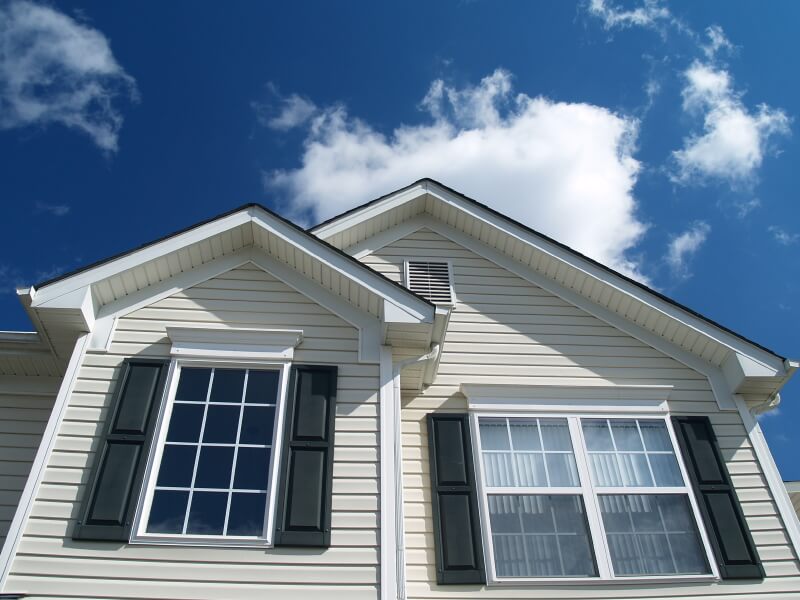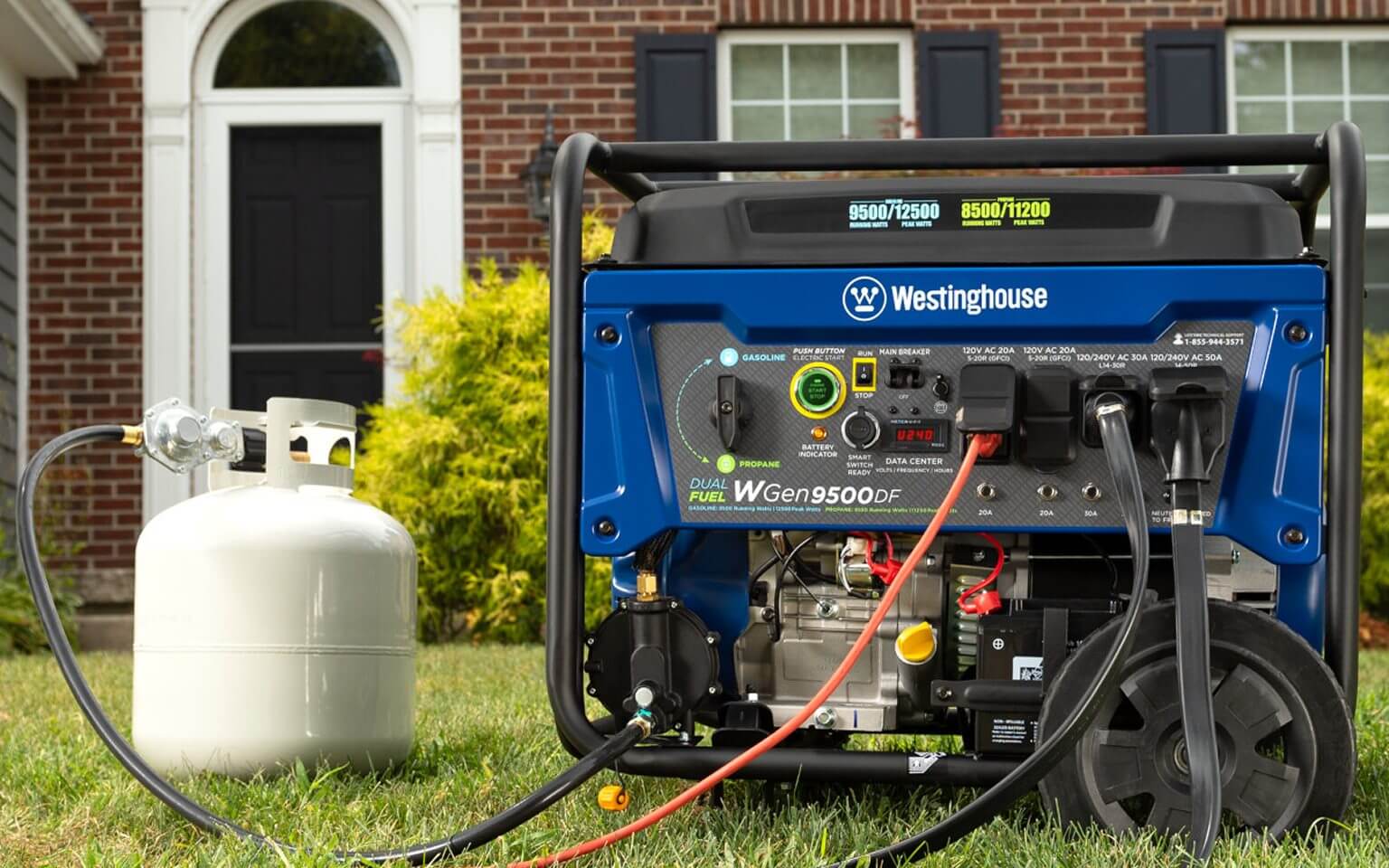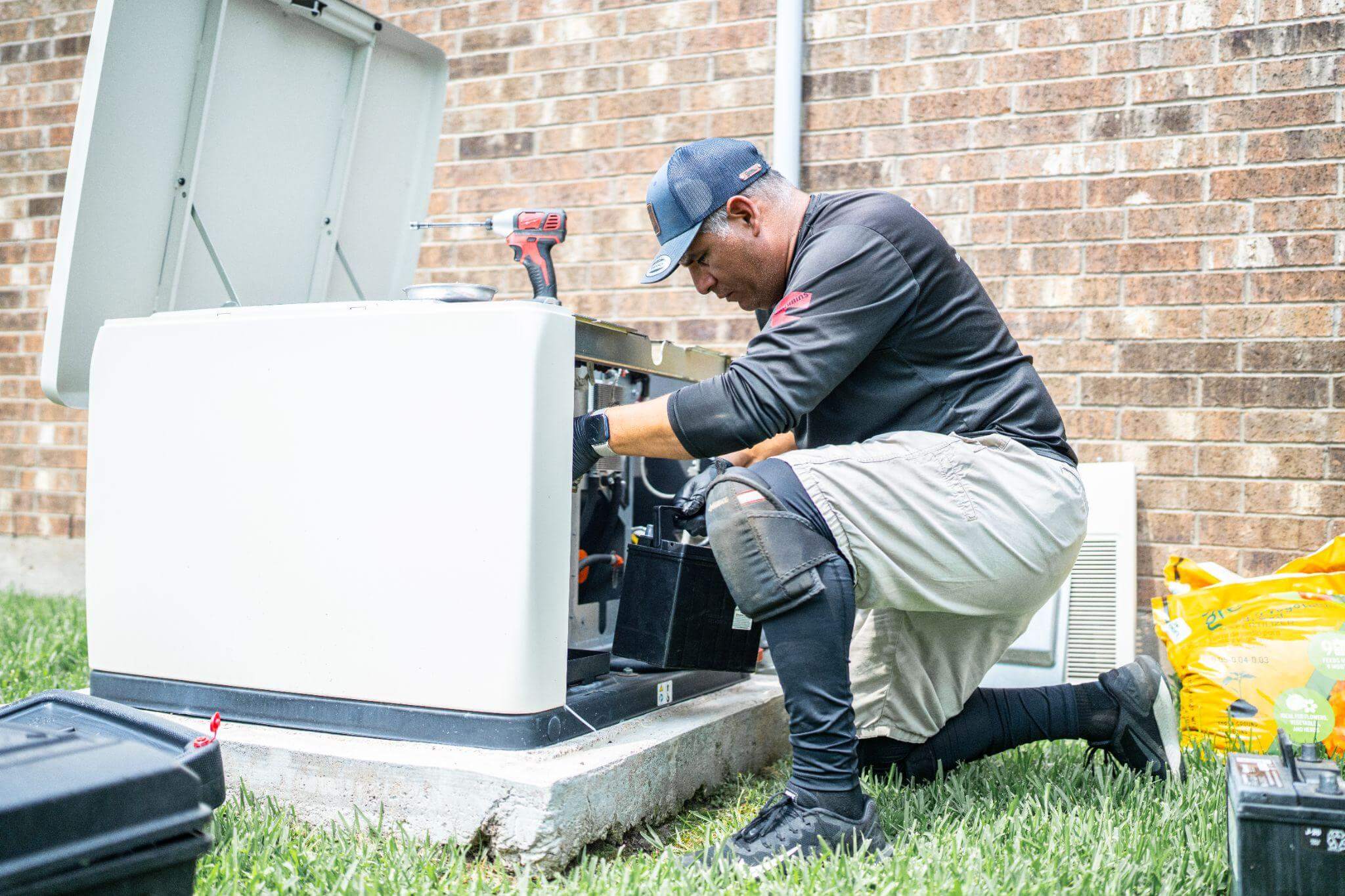Are you doing a siding project?
Modernize can pair you with three to four pros in your area, so you can compare options and save time and money.
Vinyl siding may be durable, but it struggles against the sun and rain. Prolonged sun exposure can cause fading and, in extreme cases, even warp or melt the siding. Rain doesn’t help either, especially in shady, humid areas where moisture encourages algae and mold growth, leaving behind permanent stains. That’s where a liquid protectant comes in—a commercial product designed to coat vinyl siding with a clear layer, sealing it from harmful elements. Much like protectants for cars, these products claim to improve the siding’s appearance while providing UV protection and mold resistance. But do they work? Let’s explore the options and find out how well they hold up.
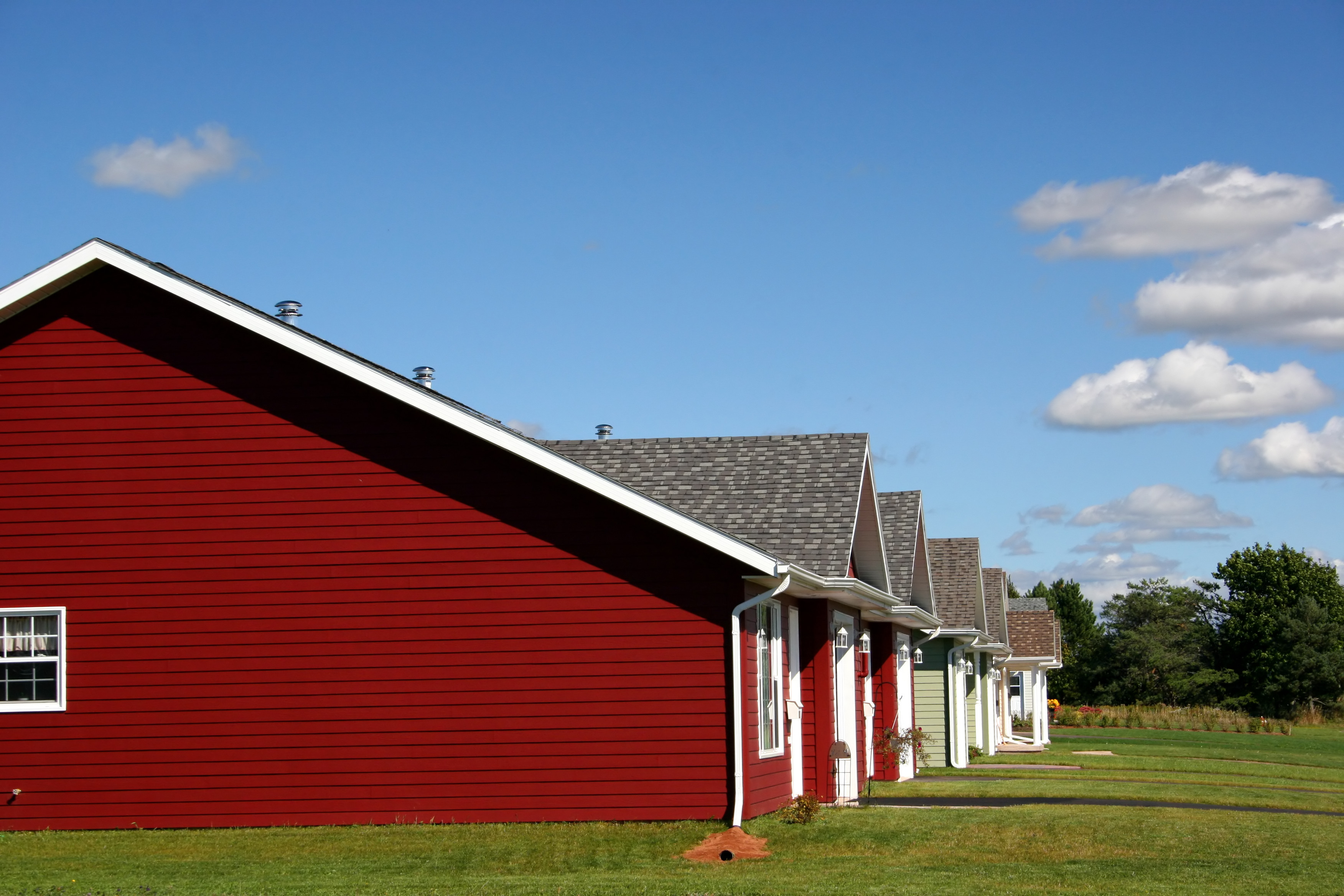
Built-in Manufacturer Protections
Looking to buy new siding soon? Several siding manufacturers now include fade resistance and UV protection directly in their products. Many of these materials are made with titanium oxide, which is the same thing sunscreen manufacturers use to protect your skin. This chemical reflects UV rays, similar to how a white-colored object reflects light. Many companies also make their siding with more advanced dyes, so the resins don’t break down as quickly or as thoroughly. A good vendor will include fading in their warranty and will offer to replace the siding if it’s over one Hunter unit, a standard the siding industry uses to measure fade.
On the mildew front, there’s not a whole lot manufacturers can do to prevent it. But you can help your home dry faster after a rainstorm by cutting back tree growth that may be shading your siding.
Liquid Protectant Products
Do liquid protectants work? Opinions differ, and no clear expert consensus exists. However, one product that gets consistently positive reviews is 303 Aerospace Protectant, commonly used on cars. This silicone-based protectant seals vinyl and shields it from UV damage. Keep in mind, though, that most reviews come from homeowners, not building experts, so proceed cautiously if you choose to use it.
Find the Right Contractor for Your Siding Project
Whether you’re ready to begin your project now or need some expert advice, our network of contractors are here to help. With a few simple questions, we’ll find the best local professionals for you
Several liquid protectants are marketed specifically for vinyl siding. These products offer some protection, but applying them requires significant effort. In some cases, painting your siding might be a better option. Older vinyl can be repainted, but avoid using colors darker than the original, as they can cause damage.
If you try liquid protectant, there’s no evidence suggesting it will harm your siding, but results may fall short of the claims. Protectants can also contain harsh chemicals, so handle them carefully. Avoid spilling on your lawn or pouring leftovers down the drain. Stay away from products with alcohol or abrasives, as they can scratch and damage your siding.
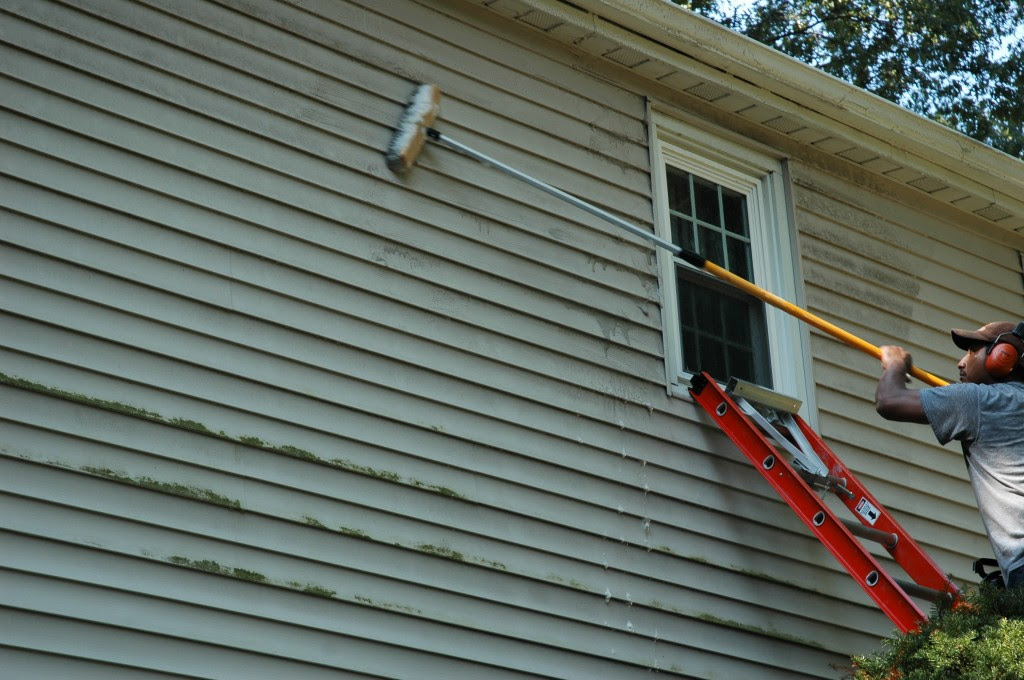
Using Wax Instead
Find the Right Contractor for Your Siding Project
Whether you’re ready to begin your project now or need some expert advice, our network of contractors are here to help. With a few simple questions, we’ll find the best local professionals for you
Reviews from Real Homeowners
Welcome to Homeowner Resources! We are the Modernize blog. Modernize pairs more than 3 million homeowners a year with pre-vetted contractors in their area. This blog started because we believe homeowners should know everything about their homes, from how their HVAC works to which front door colors they might love. On Homeowner Resources, you can find information on every part of your home, right down to how you can negotiate with contractors to get the best price. Here's more about the blog.
Need a contractor? Learn more about how Modernize finds the right pro for you.
